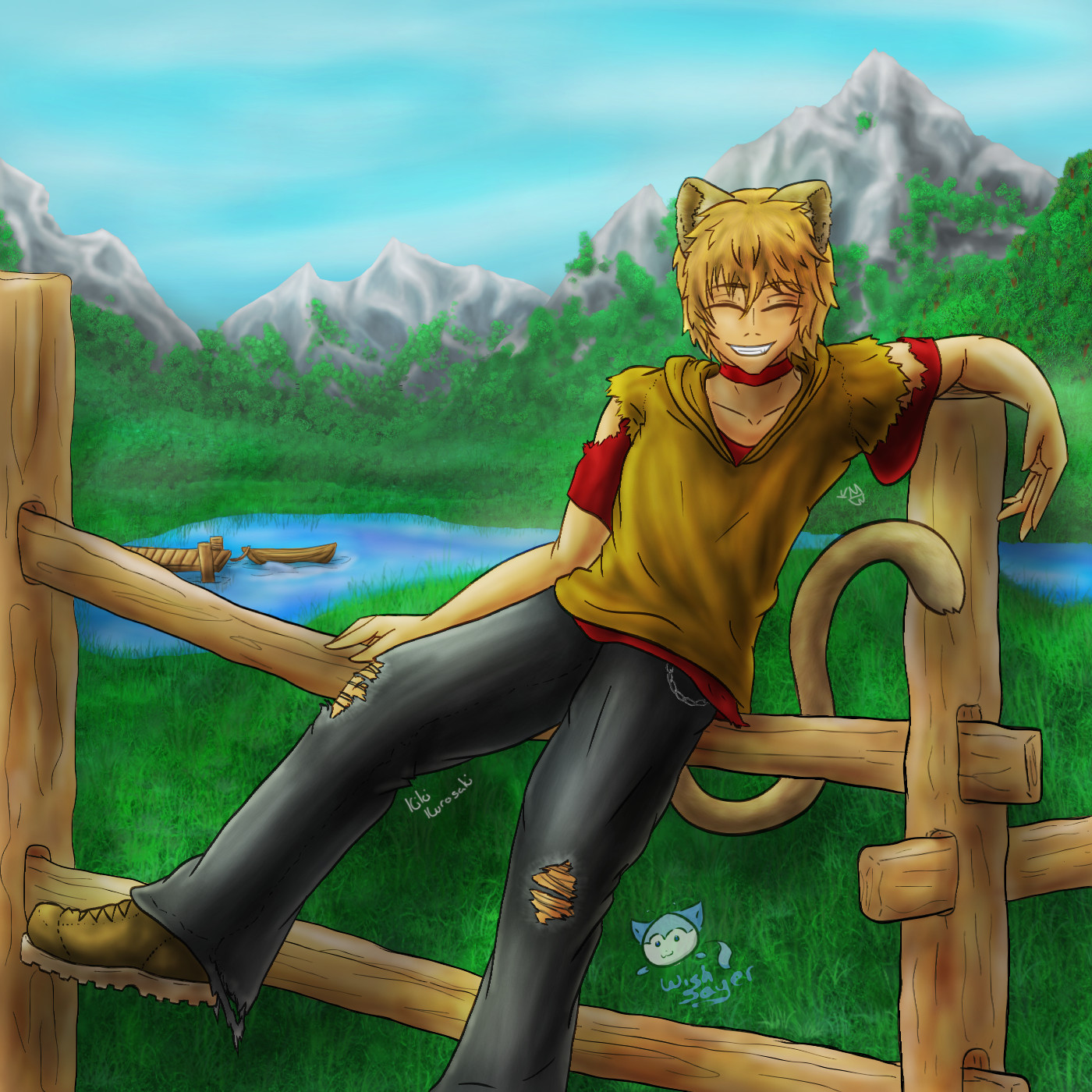Manga rock – Manga Rock, yo! It was
-the* place to be for manga, right? Before it got shut down, it was this crazy popular app, a total game-changer for how people read manga online. We’re talkin’ massive growth, a huge community, and a whole lotta drama surrounding its copyright issues. This ain’t your grandma’s library; this is the wild, wild west of digital manga, and we’re diving headfirst into the story.
We’ll break down its history, from its humble beginnings to its explosive popularity and, sadly, its ultimate demise. We’ll spill the tea on its features, compare it to other platforms, and explore the legal mess it got itself into. Plus, we’ll look at how it impacted the manga industry and what happened after the whole thing went down.
Get ready for a wild ride!
Manga Rock: A Retrospect on a Popular Manga Platform
Manga Rock, a once-dominant force in the online manga reading world, left a significant mark on the digital landscape before its eventual shutdown. Its rise and fall offer a compelling case study in the complexities of digital piracy, the evolution of online manga consumption, and the challenges faced by platforms navigating copyright laws.
Manga Rock’s History and Rise to Popularity
Manga Rock launched sometime in the mid-2000s (exact date is unclear due to its unofficial nature), quickly gaining traction among manga enthusiasts seeking free access to a vast library of titles. Its popularity peaked around the early to mid-2010s, coinciding with the rise of smartphones and increased internet accessibility. The platform’s user base experienced exponential growth during this period, fueled by word-of-mouth and its reputation for offering a wide selection of manga, often unavailable through official channels.
Several factors contributed to its initial popularity. The platform provided a user-friendly interface, diverse manga selection, and importantly, free access to content that was otherwise costly or unavailable in many regions. User reviews during its active period frequently praised its extensive library and convenient features. Testimonials often mentioned the ease of use and the vast catalog as key reasons for choosing Manga Rock over other platforms.
Manga Rock’s Features and Functionality
Manga Rock distinguished itself through several key features. Its offline reading capabilities, advanced search functionality, and customizable reading experience set it apart from many competitors. The platform also boasted a community aspect, although the extent and functionality of this feature varied over time.
| Platform Name | Key Features | User Interface | Cost Model |
|---|---|---|---|
| Manga Rock | Vast library, offline reading, customizable reading experience, community features (limited) | User-friendly, intuitive navigation | Free (with ads), later offered a premium subscription (limited functionality) |
| Shonen Jump | Official releases, high-quality scans, exclusive content | Clean, well-organized interface | Subscription-based |
| VIZ | Official releases, various manga titles, digital comics | Modern and intuitive interface | Subscription-based, individual chapter purchases |
Manga Rock’s functionalities can be categorized as follows:
- Reading Experience: Offline reading, multiple reading modes (e.g., vertical, horizontal scrolling), customizable font sizes and brightness, bookmarking.
- Community Features: User comments (limited), potentially user profiles (details unclear due to platform’s unofficial nature).
- User Management: Account creation (optional), potentially profile customization (details unclear).
The Manga Rock user interface was generally praised for its simplicity and ease of navigation. The search function was efficient, allowing users to quickly locate specific manga titles or authors. Reading modes were customizable, catering to individual preferences. The overall design was clean and uncluttered, prioritizing ease of access to the manga content.
Legal and Ethical Implications of Manga Rock

Manga Rock’s operation was inherently tied to copyright infringement. The platform hosted a vast library of manga without obtaining the necessary licenses from copyright holders. This raised significant legal and ethical concerns.
Get the entire information you require about kaiju no 8 manga on this page.
Manga Rock, and similar platforms, faced legal challenges from copyright holders seeking to protect their intellectual property. The platform’s approach to copyright contrasted sharply with official manga platforms like Shonen Jump and VIZ, which operate within the legal framework of licensing and distribution agreements.
- Potential legal consequences for users could include copyright infringement lawsuits and fines.
- Potential legal consequences for operators could include significant fines, platform shutdown, and even criminal charges.
The Impact of Manga Rock on the Manga Industry
Manga Rock’s existence undoubtedly had a significant, albeit complex, impact on the manga industry. While it increased manga accessibility globally, it also potentially undermined the sales of officially licensed manga. The platform’s impact on the perception of manga piracy is multifaceted; while it normalized access to pirated content for many, it also highlighted the demand for legitimate alternatives.
The long-term consequences of Manga Rock’s existence are still being assessed. It undoubtedly contributed to a shift in how manga is consumed, influencing the development and strategies of legitimate digital manga platforms.
The Aftermath of Manga Rock’s Closure
The exact circumstances leading to Manga Rock’s closure are not publicly documented in detail. However, it was likely a combination of legal pressure from copyright holders and the inherent risks associated with operating a platform facilitating widespread copyright infringement. The shutdown resulted in widespread discussion within the manga community, with many expressing a mixture of disappointment and understanding.
Following Manga Rock’s closure, several alternative platforms emerged or gained increased popularity. These platforms offer varying levels of legality and functionality, highlighting the ongoing evolution of digital manga distribution.
So, Manga Rock’s story is a wild one, huh? A total rollercoaster of popularity, legal battles, and ultimately, closure. It undeniably changed the game for manga accessibility, but its legacy is also a cautionary tale about copyright and the complexities of the digital world. While it’s gone, its impact on the manga landscape remains, reminding us of the ongoing struggle between free access and the rights of creators.
It’s a story that deserves to be told, and hopefully, learned from.


